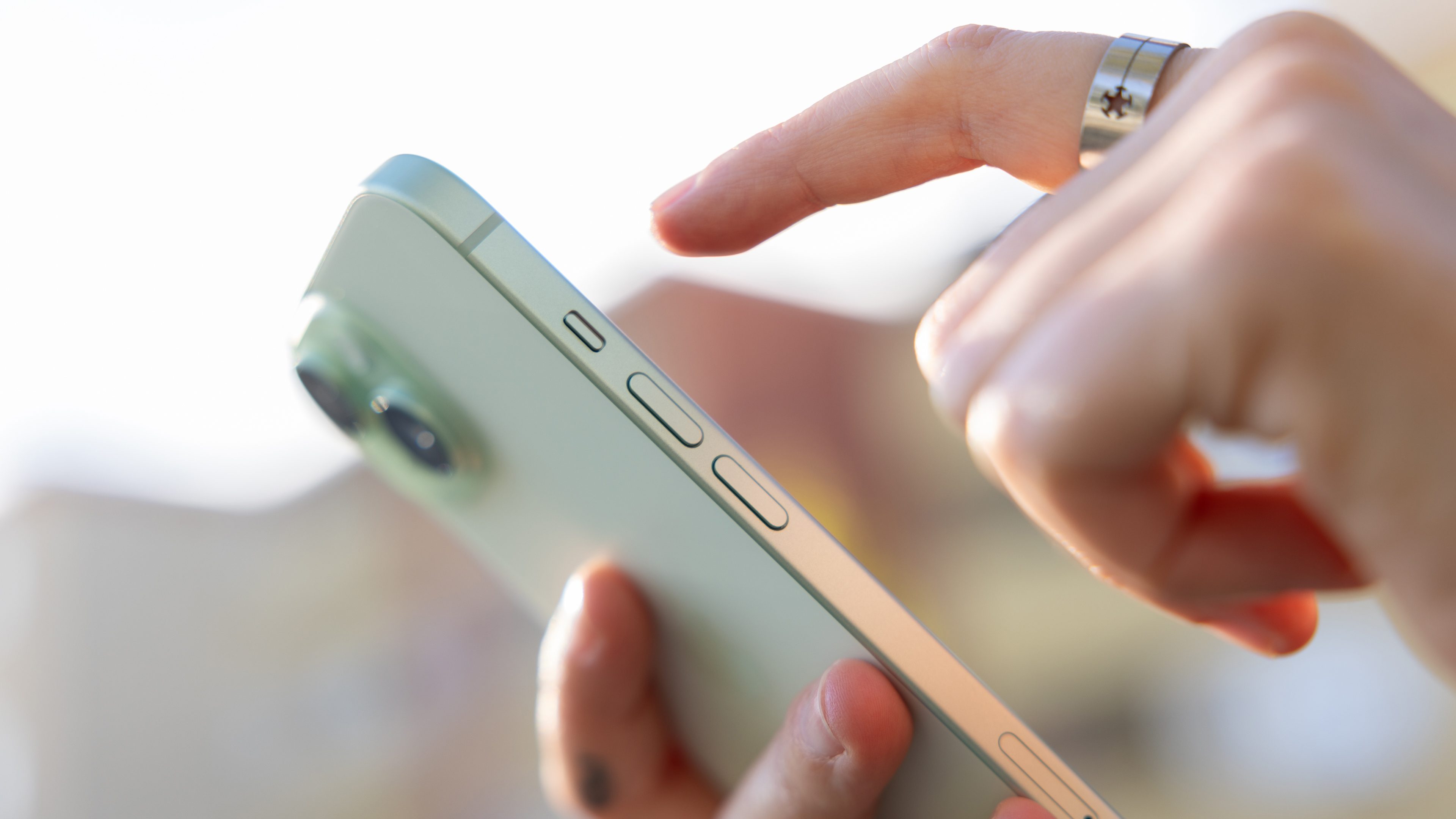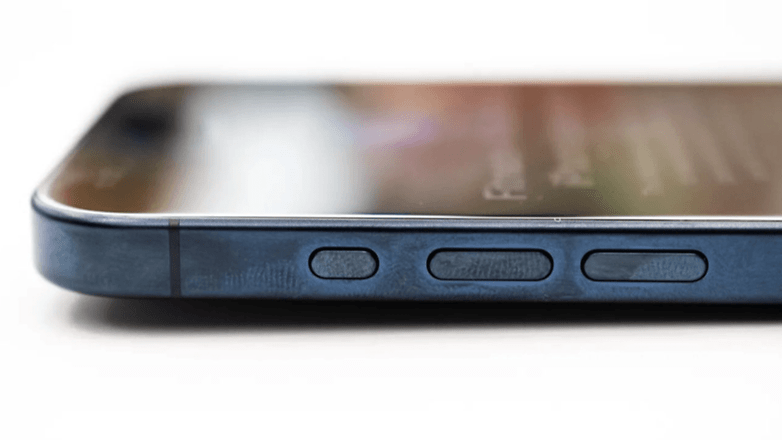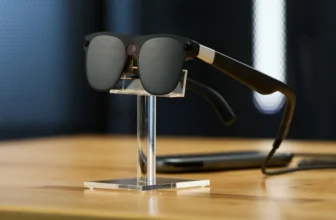
If you’re one of those planning to plunge on getting the iPhone 15 Pro, you might probably already know that it comes with a new titanium frame. Although the material has a few benefits over the stainless steel on the previous iPhone 14 Pro, Apple is surprisingly reminding you of its one notable disadvantage that you should be aware of.
Fingerprints can alter Apple iPhone 15 Pro’s titanium color, But there’s a fix
Before the iPhone 15 Pro (Max) was even released, several photos of the devices were going around on the World Wide Web showing how the titanium frame gets easily discolored after frequent usage. Some were quick to comment that this may be permanent, but some pointed out this is a temporary effect, and that can be remedied by using a protective case–which most users will likely do anyway.
In line with this, the iPhone maker has updated the support documents for two devices and purposely highlighted the discoloration on the iPhone 15 Pro titanium is indeed possible. This can be caused by many factors, such as oils and liquids from the user’s hands (we have yet to test this on our review unit). Fortunately, Apple is stating this is temporary while also sharing a solution.

According to said documents, the Cupertino company recommends that wiping the affected area with a soft and mildly damp cloth free of lint or debris should remove the stain and evenly restore the original color of the titanium material.
But if you want peace of mind, fitting Apple’s expensive new FineWoven cases would surely help prevent the frame’s color from being altered, albeit by completely covering the whole sides. These accessories would go well on the different iPhone 15 Pro titanium finishes, including the gray or natural. Other colorways are silver, graphite, and blue.
Is the Apple iPhone 15 Pro is more prone to cracking than the iPhone 14 Pro?
In addition to the color discoloration brought by the titanium material, there are now a few cases arising from users claiming the iPhone 15 Pro and iPhone 15 Pro Max are less durable compared to the iPhone 14 Pro (review). The cause is said to root from the contoured edges of the enclosure. However, we are yet to see more proper tests from third-party testers whether this is true.
Between titanium, stainless steel, and aluminum, which material do you think is best suited for smartphone use? We’re interested to hear if you think Apple should also offer an additional build option on its iPhones.






